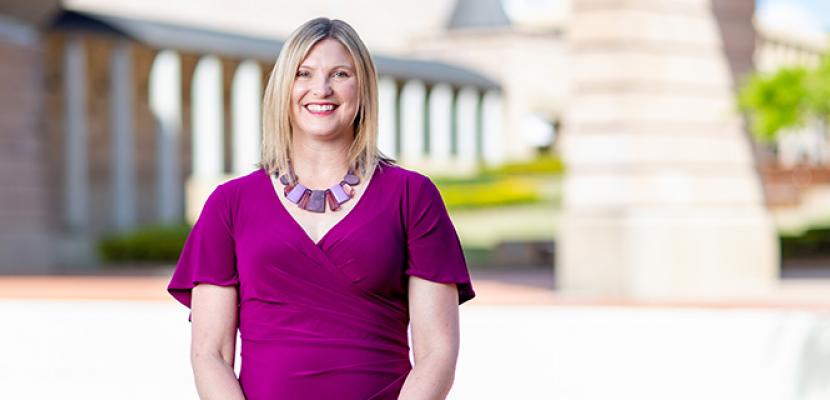
Whatever industry you’re in, and wherever you are in the world, there’s no escaping the impact the COVID-19 pandemic has had on our lives.
World events like a pandemic, or a global recession, don’t just spark temporary change – they lead to permanent shifts in the way we live and work.
If you’re considering your future, you may be feeling some uncertainty around your career. We’re here to help. We spoke to Kirsty Mitchell, the Director of Bond’s Career Development Centre, to find out what we need to learn from the pandemic, and what we need to know, and do, to position ourselves for future career success.
Facing the challenges of change
It’s worth noting, says Kirsty, that this isn’t the first economic challenge many of us have faced in our lifetime.
“In my career, this is actually my third economic storm of some magnitude,” she says. “I think what’s really interesting is all of those lessons I’ve learned are all coming together now.”
By equipping ourselves with knowledge about the current situation, and setting up strategies to future proof our careers, we can confidently take on the challenges of change.

Where the world’s heading
There are some identifiable trends pointing to the future world of work, outlining some of the fast-growing industries and the skills and qualifications expected to be in hot demand.
Here’s what we learned from Kirsty.
The work landscape is being re-designed at the micro level.
Some work is no longer being outsourced at a job level, rather, people are sourcing skills for work at the micro level. For example, Uber is built on single car trips, and websites like Fiverr or Freelancer operate on small projects.
Add value through technology.
Kirsty acknowledges the misguided, but prevalent perception that ‘robots will take our jobs’ but says there will always be demand for people who know how to add value through technology. Automatic intelligence may be intelligent, but the nature of humans is complex and unpredictable, so robots could not possibly replace those skills.
There will be increased demand for degree qualifications.
Reports show that even before the pandemic, 95% of new jobs created since 2015 required a degree qualification. It’s likely to continue to increase in the post-COVID world.
Look to fast growth industries.
Prior to the pandemic, industries like health, data and technology were among the fastest growing. Now, we’re seeing a rise in the humanities and arts sectors as we look for ways to help communities and societies find solutions to the issues posed by COVID-19.
Looking at the positives
It’s easy to focus on the negative effects of the pandemic, but what about the ways it has changed us for the better? Kirsty says it’s worth remembering there are some bright spots, and reflecting on what this time has taught us.
“The shared experience of the pandemic is a unique experience, and we can feel more connected to people through it,” says Kirsty. “It has driven big changes in all directions – from cultural to societal, economic, environmental to political.”
The pandemic has also reminded us of what makes us uniquely human: language, culture, collective learning, shared experiences and creative problem-solving.
And of course, it has opened up new ways of working and thinking, with an emphasis on collaboration, kindness and creativity.
How to prepare for success
There are steps you can take to ensure you put your best foot forward and prepare to succeed in a post-COVID world.
1. Cultivate your mindset
Implement strategies that ensure you are continuing to develop a positive mindset with attributes like optimism, persistence, resilience, creativity and curiosity. Seek out opportunities to learn, and see change as an opportunity to grow and learn new skills.
2. Develop your skills
Knowing that degree qualifications are sought-after in the job market, now is the perfect time to think about investing in your education and upskilling, or switching to a career in an emerging field. Kirsty recommends focusing on building your skills in a range of areas, through a full degree program or micro credential.
The skills that will help to serve you well in your future include:
- Collaboration and connection. This can include fostering communication, interpersonal and team skills.
- Creative problem solving.
- An adaptable skill set for the future. The future of work is going to continue to change, so how can you learn skills that will help you respond to those challenges?
- Languages. Including coding and technical languages to help you harness the power of technology.
- Presentation. How can you present yourself, your ideas, or your employer’s ideas in the best possible way?
- Sales skills. As Kirsty puts it, we’re all selling something. Whether it’s your skills and attributes in a job interview, or more literally in your job.
Book a consultation
Book a personalised consult with one of our experts to discuss your study options for 2021.